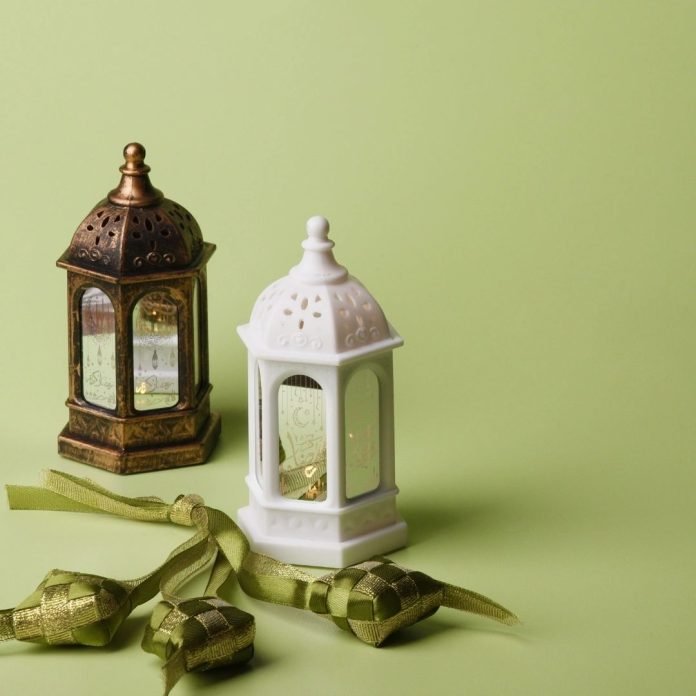Eid Milad-un-Nabi, commonly referred to as the birth of Prophet Muhammad (peace and blessings be upon him), is an important date in the Islamic calendar, celebrated on the 12th of Rabi ul Awwal. This day, 28th September, commemorates the birth of God’s final messenger, who brought the holy message to humanity and made a lasting impact on the world. However, there is a lot of debate on whether the day should be celebrated or not among the Muslim community. So let us now take a deeper look at all the facts surrounding this.
The Birth and Mission of the Prophet:
Prophet Muhammad was born in Mecca in the year 570 AD and then went to Medina, where he died in the year 632 AD. He began hearing revelations from the angel Gabriel (Jibril) at the age of 40 while meditating in the cave on Mount Hira. These messages were methodically documented over the course of 23 and a half years, resulting in the Holy Quran, Islam’s sacred text. The Prophet dedicated his life to promoting God’s message and called himself God’s final messenger.
What Do Scholars Say About Celebrating Milad-un-Nabi?
While most Islamic groups support highlighting the Prophet’s birthday, some, such as Wahhabism/Salafism, Deobandism, and Ahmadiyya, oppose it as a religious innovation (bid’ah). This difference of opinion shows the various interpretations of the Islamic faith.
Saudi Arabia is a significant region that does not observe this supposedly significant day as a holiday. Why? Let’s take a look below.
Why doesn’t Saudi Arabia Celebrate Milad-un-Nabi? Despite its Important theological significance for many Muslims around the world, Saudi Arabia, the birthplace of Islam and home to its two holiest cities, Mecca and Medina, does not celebrate Eid Milad-un-Nabi. This lack of celebration in Islam’s birthplace is rooted in the country’s allegiance to the Wahhabi school of thought, which was founded in 1744 by the reformer Mohammad Ibn Abdel Wahab. Wahhabism is distinguished by its severe and puritanical interpretation of Islam, with the goal of returning to what its adherents think are the religion’s pure, original principles. According to Wahhabi philosophy, any practice or belief that is not specifically specified in the Quran is considered ‘biddat’ or innovation and is hence severely forbidden. Because the celebration of Eid Milad-un-Nabi is not specifically stated in the Quran, Wahhabi scholars speak against it, claiming that it may lead to religious variations or the insertion of non-Quranic practices into Islam.
Is Milad-un-Nabi Considered a Celebration or not?
Although it is heavily celebrated around the world, it is important to highlight that Eid Milad-un-Nabi is not considered a celebration in Islam. The commemoration of this day is not prescribed by the Quran. Instead, it is a common practice among some Muslims worldwide. Most Muslims are inclined to observe this as a special day because they desire to celebrate their prophet, despite experts’ advice to the contrary. According to a Scholar named Mohammed Hoblos, even the people who choose not to celebrate the day are only doing it out of love for their prophet. Therefore, he advises that no Muslim disrespect others for their choice and spread love instead.
The History of Milad-un-Nabi:
Milad-un-Nabi celebrations date back to the early days of Islam when the Tabi’un conducted gatherings containing poetry and songs honouring the Prophet Muhammad. In 1588, the Ottoman Empire declared it a festival known as Mevlid Kandil. In different parts of the world, particularly Egypt, the term “Mawlid” refers to religious figures’ birthdays, such as Sufi saints.
How Countries Around the World Celebrate the Day:
In India, it is observed with tremendous passion, featuring decorations, parades, special prayers, and the reciting of Naat (poems/songs) in honour of the Prophet. Families gather for 11 days before Milad-un-Nabi to recite Naat together. On the 12th day (Milad-un-Nabi), they make it a celebration by treating everyone to sweets and many varieties of desserts. In Iran, Iranian Muslims commemorate the day with prayers, religious gatherings, and debates regarding the Prophet’s teachings, which frequently include poetry and religious melodies. Almost the same practice happens in all the other celebrating countries like Pakistan, Morocco, Bangladesh, Nigeria and Turkey. While Eid Milad-un-Nabi is not widely observed in Islam, it remains culturally and religiously significant for millions of Muslims worldwide, inspiring loyalty and respect for the Prophet Muhammad.
Sources: Hindustan Times, Dailyo, Wikipedia
By,Ashbiha Fathima
